 While a Google search reveals multiple articles discussing ways to convince your parents to consider moving to a retirement community, it is impossible to find articles discussing ways to convince your children that a retirement community is the right choice for you and your spouse. Below are multiple reasons why children might resist this option and ways to approach their concerns:
While a Google search reveals multiple articles discussing ways to convince your parents to consider moving to a retirement community, it is impossible to find articles discussing ways to convince your children that a retirement community is the right choice for you and your spouse. Below are multiple reasons why children might resist this option and ways to approach their concerns:
Related Blog: Moving a Parent to a Retirement Community Preserves Parent-Child Roles
Your children might be concerned about your, or their, finances.
Finances need to be considered when making a big life change. Your children may be concerned not only about any potential financial contributions that they might have to make to your retirement planning, they may also worry about how you will handle your own finances. This worry may even lead them to be nervous about whether your decision will affect their potential inheritance.
How much you choose to share about your particular financial picture is a very personal decision, but if you will not be requiring their financial contribution, you may want to consider at least letting your children know whether you have consulted with a financial advisor, to set their mind at ease. If you will be needing their financial help, it may be a good idea to set up a meeting as early as possible in the process to discuss what the exact costs will be upfront. In these cases, it’s usually best to avoid vague “it usually costs around this much money” comments and obtain the actual numbers so that informed decisions can be made by everyone. If they are worried about their inheritance getting depleted, it might help to remind them that moving to a retirement community may, in some cases, be less expensive than living at home. This is especially true if your health worsens and you are in need of an increased level of care, services which can end up costing a lot of money when purchased independently and disjointedly during times of crisis when you can’t properly research the best and most cost-effective options out there.
Furthermore, if you start to feel guilty about using up your kids’ inheritance, remember that no one is owed an inheritance and that you worked hard for your money. Furthermore, because it is usually unwise to live with the expectation that a certain amount of money is coming your way, unless you want to share the exact numbers with your children, it may be good practice to not make vague comments about their inheritance. Doing so may lead them to make their own inappropriate life decisions such as making larger purchases than they normally would or incurring debt, so if you plan to use most, or all, of your money during your lifetime you may want to inform them of this, so that they can start planning for their future and retirement by themselves.
Your children might feel obligated to care for you and may be misinformed about retirement communities.
Perhaps you and your children are from a culture where children are supposed to care for the elderly as they age. Perhaps you yourself took care of your own parents as they got older and now your children insist on taking care of you. However, times have changed and adult children, especially working women with minor children, are overwhelmed with daily tasks. Retirement communities are a far cry from the “nursing homes” of the past which may have led you to never even consider putting your own folks in an “institution.” Retirement communities nowadays can be vibrant, beautiful and stimulating environments with all forms of support to help you get the most out of life and to support your independence. As your start to discuss these issues with your children, make sure to set up a tour of the community you are considering so that they can experience it first-hand.
If your children have verbalized resistance to this move in the past, make sure to put yourself in your their shoes. Make a list of all of the issues that they have objected to or that you can foresee an objection to, and obtain contrary evidence from your retirement community liaison. If any of their potential issues are valid, acknowledge this fact, and discuss how you have decided that you can live with it. Finally, if they express any guilt over not being afforded the chance to care for you directly in their home, discuss any medical issues that might be better addressed by experts and specialists available in a retirement community. If they continue to express guilt or shame because of cultural expectations to care for one’s parents at home, consider setting up a session with a therapist who is familiar with your culture, who can help to alleviate their feelings and concerns.
Your children might be in denial about the fact that you are growing older.
Consider that especially if you have always been the “rock of the family” who showed strength and who worked hard all of your life, that your children may show resistance to being aware that you are aging. Especially if you are aging well and are healthy and active, it may not even cross your children’s minds that you may be considering moving to a retirement community. They may question the timing and tell you that it’s too early to move into a retirement community because you are doing so well. Think carefully about your reasons for making this decision now, and convey them to your children clearly. Perhaps it is precisely because you are doing so well that you want to make this decision now since making major life changes when your health starts to decline is not usually great timing. You may want to explain to your children that making big decisions in the middle of a medical crisis is not ideal as you may settle for the first option available out of desperation. Some retirement communities allow you to transition smoothly into assisted living or memory care programs; this is a perk worth considering. Make sure that you obtain all of the relevant information before you speak with your children and finally, if you have reservations yourself, consider discussing these thoroughly with your spouse, therapist or retirement community liaison so that when the time comes to bring this up with your potentially resistant children, you are able to speak positively and without major reservations.












